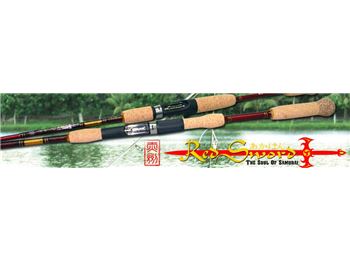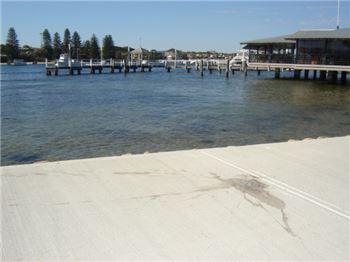How to take fishing photo's - part 2
So you've cleaned up the fish and the person holding it has an idea of how they're going to pose, what's next?
Firstly the person with the camera should do a quick check of the lens to make sure no water, dust, sand or fluff has settled on it. These things have ruined many a good photo and with the price of lens cleaning kits being so cheap you'll kick yourself if it happens.
Next look around for an appropriate place for the photo to be taken. If you don't want a fishing spot to be readily discovered make sure any clearly identifiable features won't be included in the background. Also check to see if any boat clutter, rod tips, faces or feet of other anglers won't be included. This can be done before you lift the camera but it's also valuable to look around the camera screen just prior to pressing the button because it's amazing what you can miss.
If you're in a boat and are moving with the swell or wind try to take the shot when the horizon is level so the balance of the photo is not upset.
When you start shooting never take just one photo, take as many shots as you can and include a number of different stances in the sortie. Try standing, squatting, hang the lure out of the fish's mouth, focus on the lure, focus on the fish. All of these options increase the likelihood of nailing a great photo and reduce the chance of something small ruining a good shot - a slight lack of focus, a bird flying through the background, the sun hitting the fish on the wrong angle and so on.

|

|
|
| Remember to look for action shots, it's not only about the fish! Also to keep the sun in front of the photo subject and not behind. | ||
Some people like to hold the fish away from their body when the photo is being taken in order to make a fish look larger. Sometimes this works well, sometimes it makes a bream look like 10kg jewie. If you try this approach make sure the fish is around chest height and not in front of the person's face, chin or neck and use your own viewfinder-judgement as to whether the fish looks ridiculous or not. If it does tell the person holding the fish to stop holding it out so far because it can really ruin a photo.
Also never put off taking a photo because of the expectation of catching a bigger or better fish later in the session. If the fish is reasonable, take the shot. Fish can go off the bite, the wind can come in earlier than expected, malfunctions can occur with equipment and the species you're targeting can disappear. There are a myriad of things which can happen leaving you wishing you had taken those photographs earlier in the day. This can be one of the hardest things to do because it usually requires sacrificing fishing time early in the day when all you want to do is get a line in the water!
Having a fishing buddy that knows how to take photos is also invaluable as it means you can spend some time in front of the camera too instead of all day behind it.
From time to time through the day pull the camera out and take random photos of things around you. Scenery shots always add to an article and to your memories of the trip but again if you can find something more creative to include then that's better.
A spread of rods, waves lapping at the shore, close-ups of a lure on a rod guide or a mate casting or fighting a fish. Look for things related to the fishing experience at that location or the type of fishing being undertaken and get imaginative.
So armed with advice on taking quality photos and writing a great article it's time to take the step and get some extra pocket money, share information with fellow anglers and feel the excitement of seeing your face in a state or national fishing magazine.

How to write articles for fishing magazines
Some advice on deciding the type of article, structuring the article and getting approval for your article to go to print




